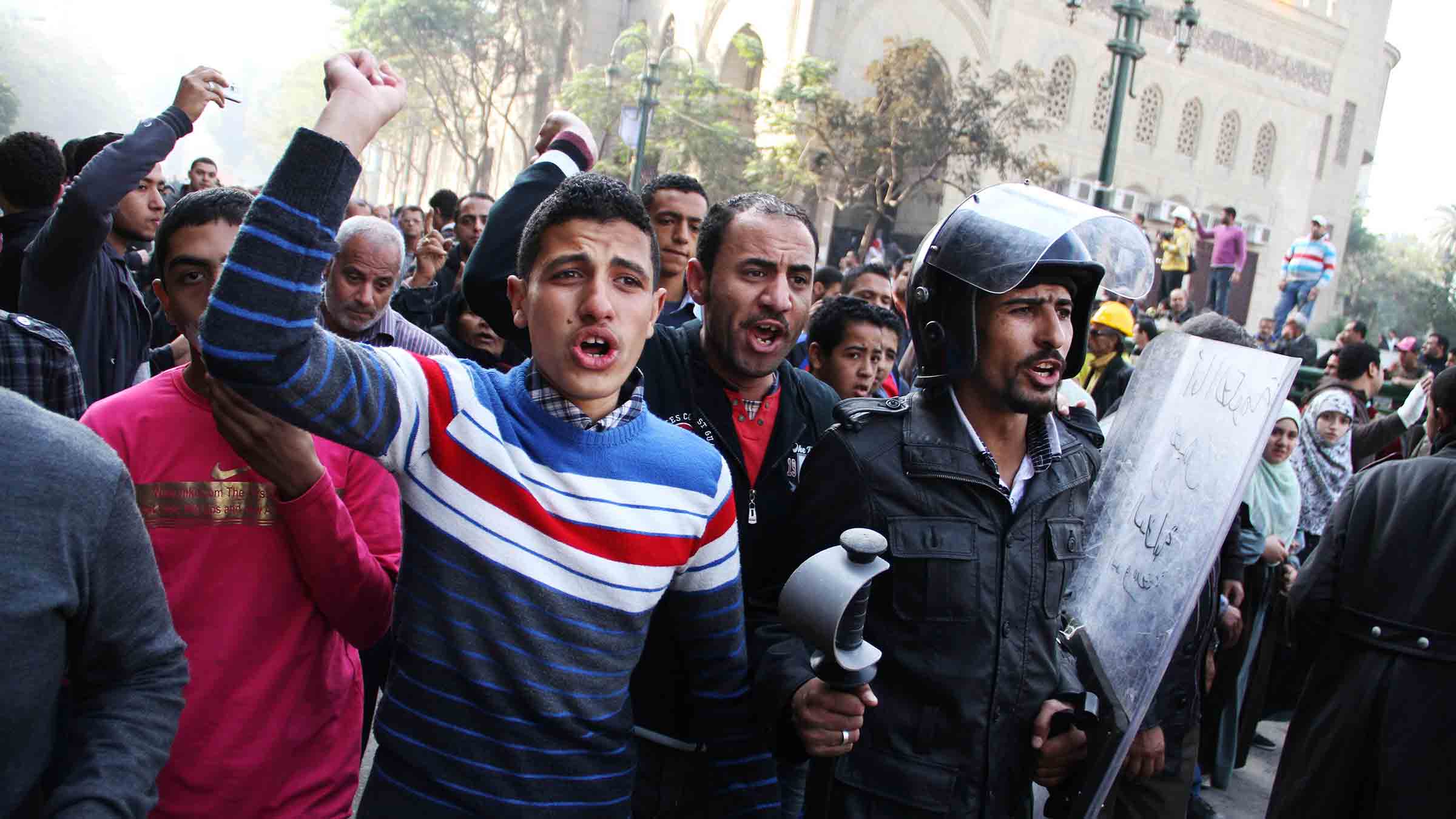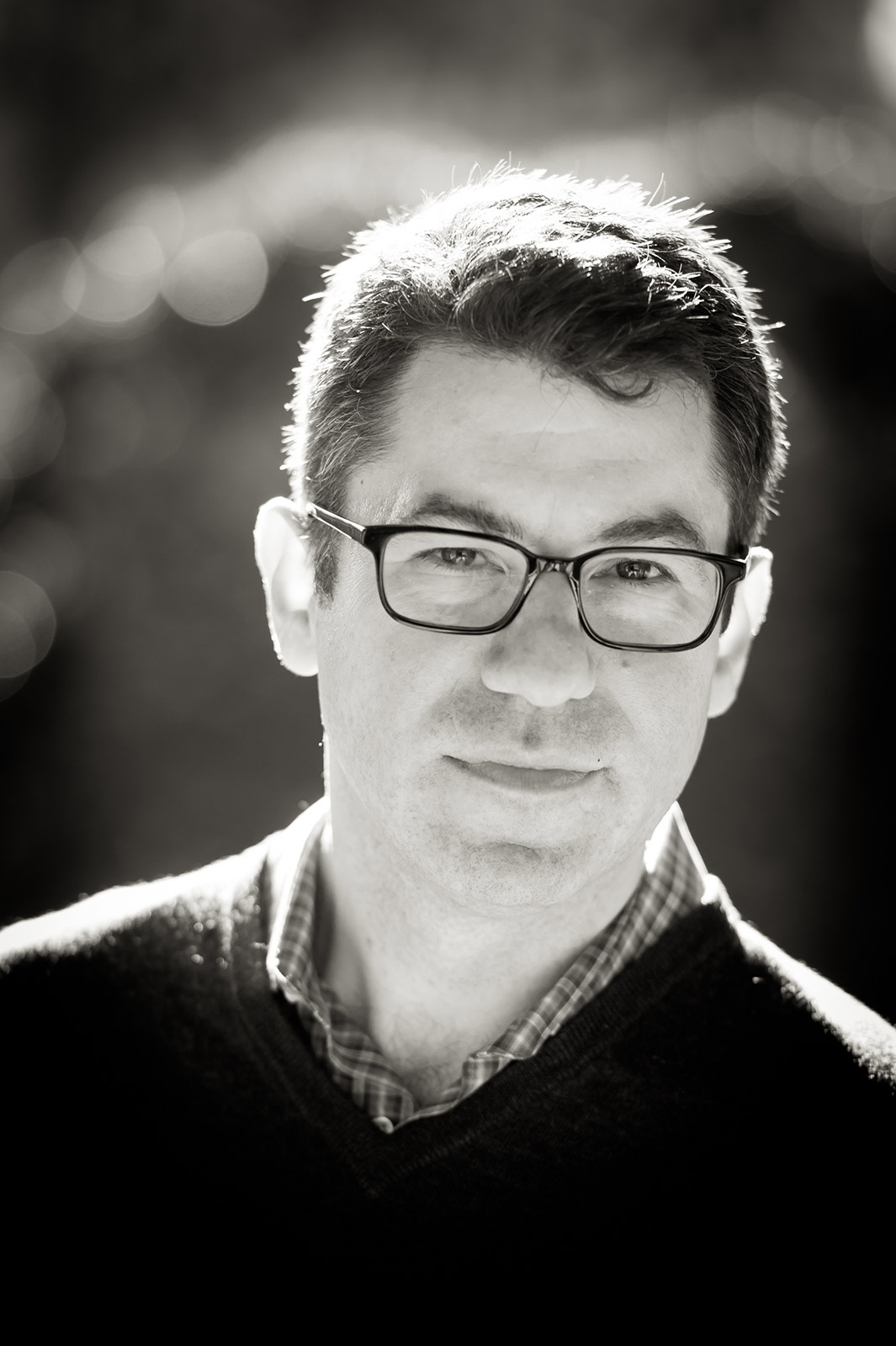Steven Cook ’90 Re-examines the Arab Spring"Did the Arab Spring really change anything?"
Steven Cook ’90 Re-examines the Arab Spring"Did the Arab Spring really change anything?"
In January 2011, Middle East scholar Steven Cook ’90 was riveted by footage of Cairo’s Tahrir Square, where protestors demonstrated, calling for the ouster of President Hosni Mubarak. Millions turned out to decry police brutality and corruption, to advocate for free speech and open elections, and to protest a failing economy.

These demonstrations were hailed as a breakthrough for democracy in the North African nation, but by Cook’s visit in December of that year, national unity had been replaced by self-interest and splintered factions.
“In contrast to the uprising early that year, it was totally different. What had been in Tahrir Square in January 2011 was a moment of exhilaration and national unity and a sense of possibility. By the end of that year, things had grown dramatically different and pessimistic,” Cook says.

That effect—also felt in other Middle Eastern countries, including Syria, Yemen, and Libya—is the subject of False Dawn: Protest, Democracy, and Violence in the New Middle East, the latest book by Cook, Eni Enrico Mattei Senior Fellow for Middle East and Africa Studies at the Council on Foreign Relations.
Cook says he started writing the book in late 2014 with one thought in mind: What if we were wrong? We’re expecting a transition to democracies and what if it doesn’t happen?
Cook touches on a number of topics related to the failed uprisings, including the enormous amount of analysis generated by those in government, academia, and the media who felt the region was on the cusp of becoming democratic. The expectations were unrealistically high, he says, considering most transitions to democracy fail.
Then there was the nature of the uprisings themselves, Cook says. For instance, when Mubarak stepped down, he was replaced by the military, which in reality had held much of the nation’s power for years.
“There wasn’t an overthrow of the political and social order in these countries that the word ‘revolution’ would suggest,” he says.
Cook also analyzes the United States’ involvement in the region, pointing to the country’s missteps in the Middle East—from the Iraq invasion and its profound impact to its tacit acceptance of dictators that helped to serve American interests. When it comes to the future of the area, it’s the people—and their struggles to identify the heart and soul of their countries—not the United States, who will play the most pivotal role.
“The resolution to this problem lies in the Arab and Muslim world,” Cook says. “At its heart, it’s a political and theological problem that needs to be resolved within, rather than by the force of American arms. Until leaders emerge who can offer a compelling vision for the future, you’re going to have political contestation and instability.”